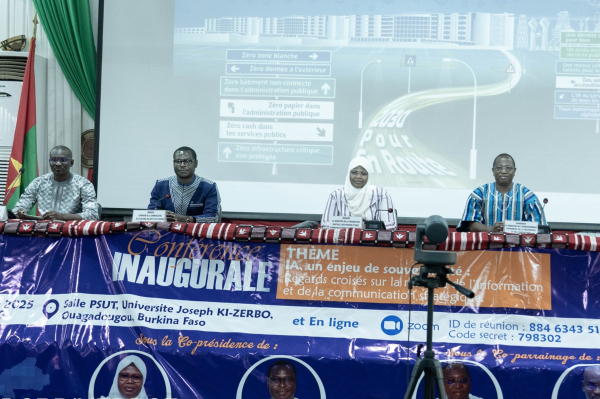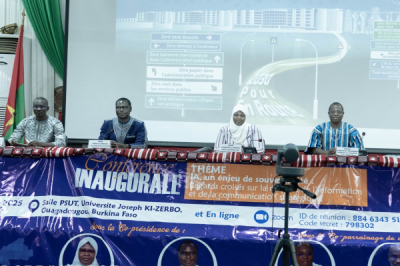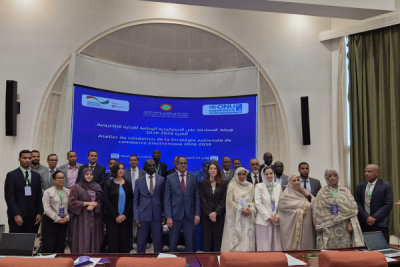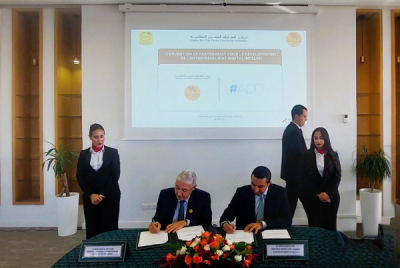- Burkina Faso launches national AI campaign to boost awareness
- Officials stress digital sovereignty, ethical and secure AI use
- AI integration seen as key to public service, development goals
Burkina Faso launched a national campaign on artificial intelligence (AI) with an inaugural conference in Ouagadougou on Tuesday, Oct. 28. The campaign aims to inform and train the public while raising awareness about the challenges and opportunities of AI, especially its potential to drive national development.
Speakers highlighted digital sovereignty as a key concern, stressing that the country must develop and control its own technologies to reduce dependence on foreign systems. They also emphasized the need for responsible AI integration in public administration, backed by strong ethical, legal, and security safeguards. Participants called for tighter institutional coordination to avoid fragmented initiatives and urged efforts to improve digital literacy among citizens and civil servants.
“Sovereignty is no longer just about defending our physical borders. It is also about guaranteeing our capacity to decide, innovate, and protect ourselves in the digital space , our ability to control our technological destiny,” said Aminata Zerbo/Sabane, Minister of Digital Transition, Posts, and Electronic Communications.
The minister said Burkina Faso aims to integrate AI across all sectors, adapting its use to local needs, drawing on national expertise, and harnessing innovation for socio-economic growth and the public good. Expanding AI adoption is among the government’s top digital transformation priorities.
The United Nations recognizes AI as a tool that can enhance public services by improving efficiency and productivity, but it also warns of potential risks. In its E-Government Survey 2024, the UN Department of Economic and Social Affairs (UNDESA) said AI can improve public-sector performance by automating administrative tasks and reducing delays and redundancies. It added that AI can be applied to tasks such as defect detection, data classification, and generating recommendations.
However, UNDESA cautioned that the risks of AI are as significant as its benefits, urging careful attention to ethical, security, and social implications. It cited data bias as a major concern: “AI algorithms rely heavily on accumulated datasets to produce results, and any bias in that data can lead to misrepresentation or exclusion of certain groups, a serious issue when governments use AI to shape public policies meant for everyone, including marginalized communities.”
Isaac K. Kassouwi



















